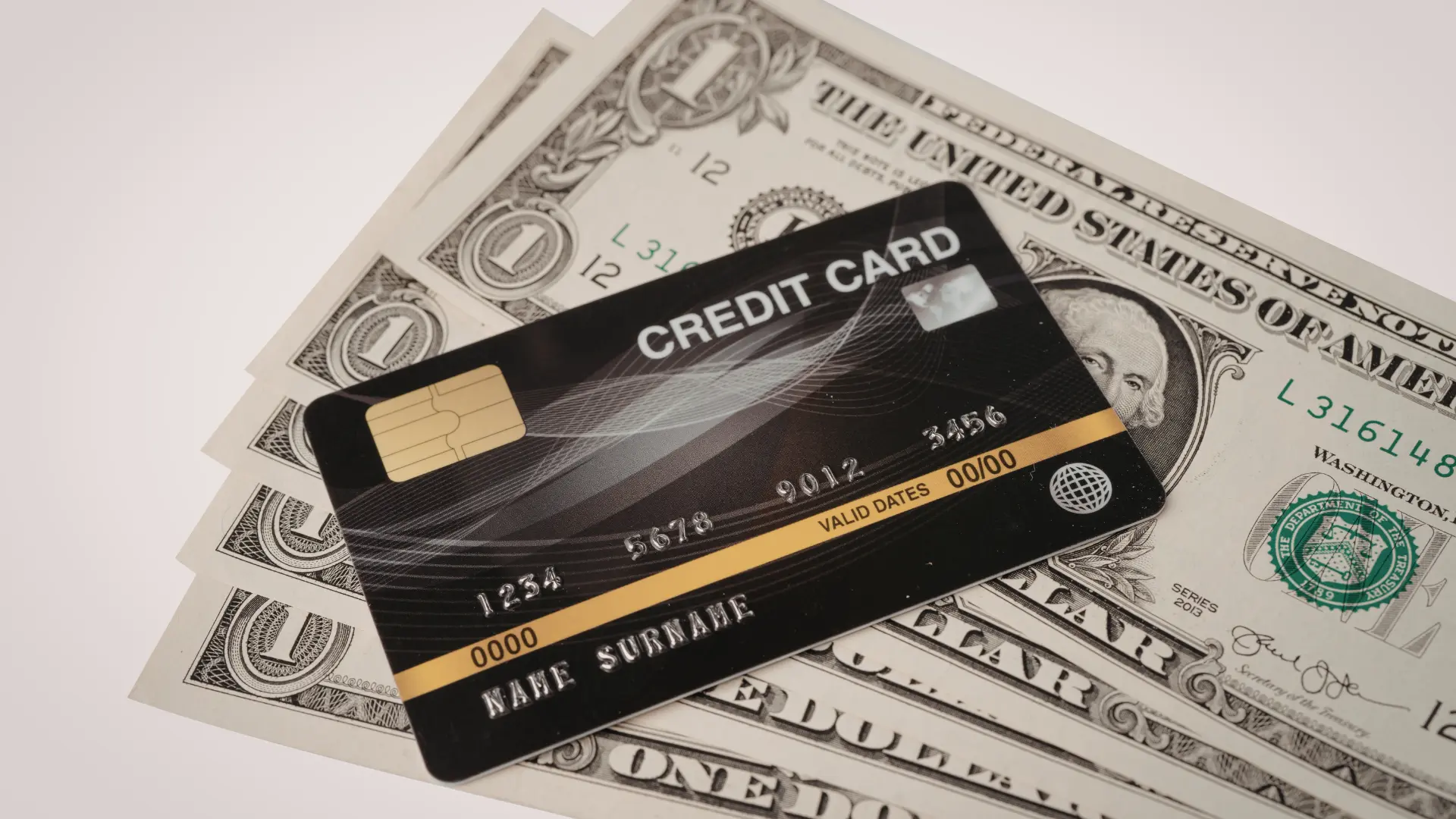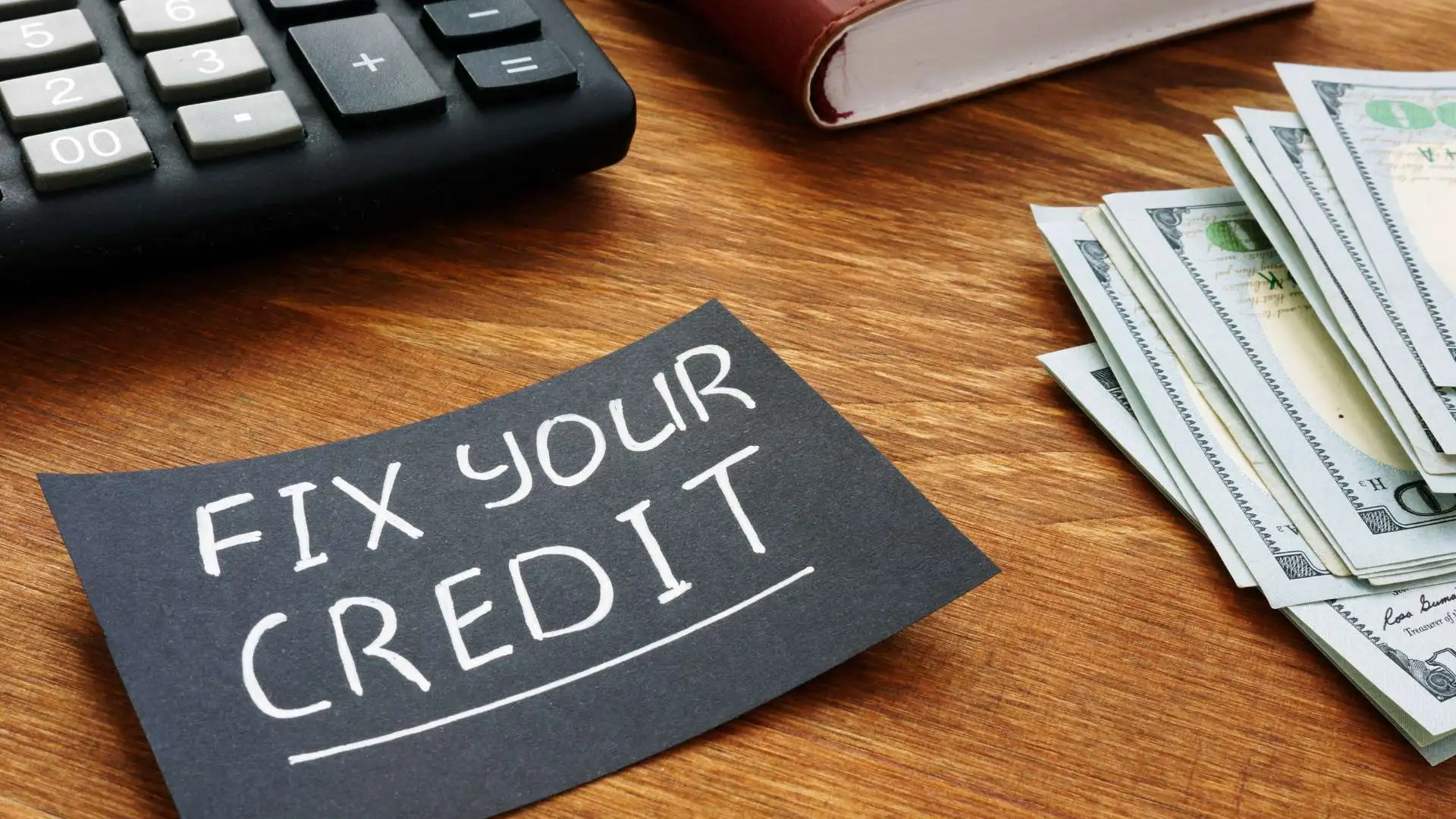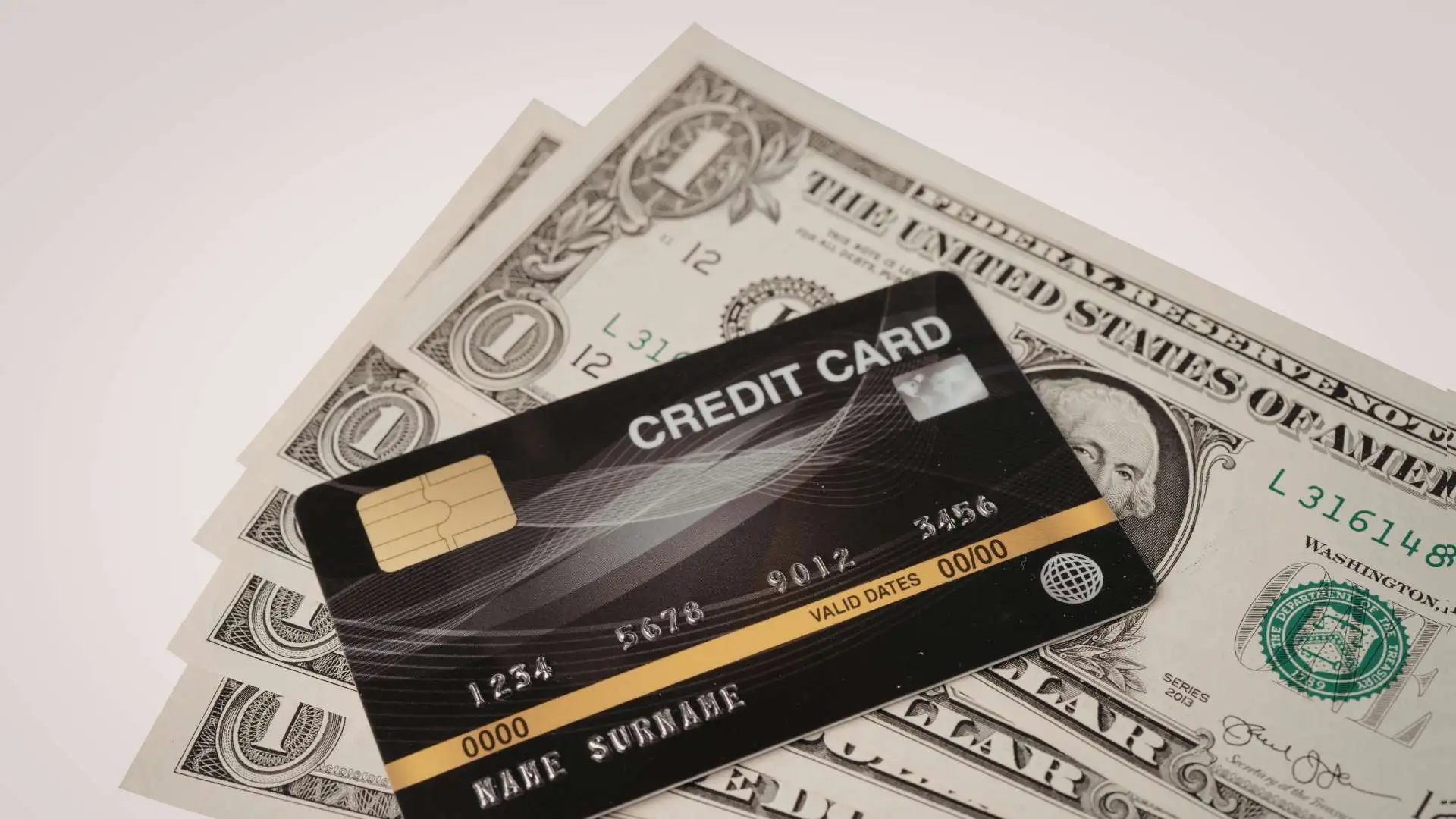Have you ever wondered what the difference is between a credit card vs debit card? While both cards may look similar, they function quite differently and offer distinct benefits and risks. Read on to learn the key differences between credit and debit card to make smarter financial decisions!
Table of contents
At a glance: credit vs. debit card
Let’s hit you with the quick and dirty lowdown on the differences between debit and credit cards:
| Feature | Credit Card | Debit Card |
| Source of Funds | Borrowed money | Your bank account |
| Spending Limit | Credit limit | Available account balance |
| Interest | Charged on unpaid balances | None |
| Common Fees | Annual, late payment, etc. | Overdraft, ATM fees |
| Rewards | Often (points, cash back) | Rarely |
| Credit Building | Yes | No |
| Additional Fraud Protection | Typically stronger | Typically limited |
| Debt Risk | Can accumulate debt if not careful | No debt (except overdraft) |
| Acceptance | Widely accepted | Widely accepted |
| Cash Access | Cash advances (with fees) | Direct ATM withdrawals |
What is a credit card?
A credit card is defined as a thin rectangular piece of plastic or metal issued by a bank or financial services company that allows cardholders to borrow funds with which to pay for goods and services with merchants that accept cards for payment. When you use a credit card, you’re borrowing money from the card issuer, promising to pay it back later. Use it wisely, and it can be a game-changer. Use it recklessly, and you might end up in financial quicksand.
How do credit cards work?
Credit cards are pretty straightforward, but here’s a breakdown of their inner workings:
- Borrow money from the card issuer: Every purchase you make with a credit card is essentially a loan from the issuer.
- Create debt you must repay later: These borrowed amounts add up to your monthly bill, which you’ll need to repay.
- Credit cards often have rewards programs. Many offer perks like cashback, points, or miles for every dollar spent. Rewards programs may offer cash back on purchases, tangible services like airline miles, no interest as an introductory period or low interest, or discounts and special rates on travel and travel amenities.
- Build credit history when used responsibly: Regular, on-time payments boost your credit score.
- Usually offer better fraud protection: Credit cards often have robust fraud protection measures.
- Can lead to interest charges if the balance isn’t paid in full: If you don’t pay your balance each month, you’ll incur interest.
- May have annual fees: Some cards charge annual fees for the benefits they offer.
- Typically have higher spending limits: Credit cards allow for larger purchases than debit cards.
Considering a way to build your credit? MoneyLion offers a free and convenient way to find offers from our trusted partners to help you improve your credit — such as credit monitoring, credit report disputes, and getting credit by paying bills. A good credit score can lead to lower interest rates and increased borrowing power on loans and credit cards.
What is a debit card?
A debit card is a payment card that deducts money directly from your checking account. Also called “check cards” or “bank cards,” debit cards can be used to buy goods or services or to get cash from an ATM. It’s linked directly to your bank account, so you use your hard-earned cash when you swipe. Think of it as your financial guardrail, keeping you from spending more than you have.
How do debit cards work?
Debit cards keep things simple:
- Draw money directly from your bank account: No middleman, just your money.
- Spend only what you already have: No credit, no debt — just straight-up spending.
- No interest charges (but may have overdraft fees): You won’t pay interest, but watch out for those sneaky overdraft fees.
- Usually, there are no rewards programs: Don’t expect points or miles — sorry.
- Don’t build credit history: Using a debit card won’t help your credit score.
- Less fraud protection than credit cards: Debit cards are more vulnerable to fraud.
- Rarely have annual fees: Most debit cards are fee-free.
- Spending is limited to account balance: Can’t spend what you don’t have.
Key differences between credit and debit cards
So, what is the difference between credit and debit cards? Let’s dive into the nitty-gritty:
Source of funds
Credit cards use borrowed money from your card issuer. It’s like taking a mini loan each time you swipe. Debit cards, on the other hand, pull funds directly from your bank account. It’s your money on the line, so no borrowing or interest.
Impact on credit score
Using a credit card responsibly can help build your credit score because your activity is reported to credit bureaus. Debit cards don’t affect your credit score since they aren’t tied to credit reporting. If you want to help boost your credit, a credit card is your go-to tool.
Charges
Credit cards often have a parade of annual fees, late payment fees, and interest charges if balances aren’t paid in full. Debit cards might have fees, too, like overdraft fees and ATM fees, but they usually don’t have annual fees or interest charges. So, they’re generally cheaper to use if you play by the rules.
Fraud protection
Credit cards typically offer stronger fraud protection than debit cards. If a fraudulent charge pops up, you can dispute it without being liable for the amount. Debit cards offer less robust protection and could take longer to recover lost funds.
Rewards and benefits
Many credit cards come with sweet rewards programs offering cashback, points, or miles for purchases. Debit cards? Not so much. They’re mostly reward-free zones, making them less attractive for the points-chasers.
Spending limits
Credit cards usually have higher spending limits set by the issuer, giving you more purchasing power. Debit card spending is limited to the balance in your bank account. This means credit cards are comparatively more flexible for larger purchases.
Comparing credit cards and debit cards: pros and cons
Both types of cards have their upsides and downsides. Here’s a quick look:
| Pros | Cons | |
| Credit cards | Build credit history Potential rewards and perks Higher fraud protection Flexible spending limits | Risk of accumulating debt Interest charges on unpaid balances Annual fees for some cards |
| Debit cards | No risk of debt (except for overdrafts) Direct access to your own money Generally, no annual fees | No credit building Fewer rewards and perks Limited fraud protection |
Credit vs debit card: how to decide which is right for you
Consider your financial habits and goals when deciding between a credit card and a debit card.
Financial discipline and spending habits
- Ability to pay off balances in full: If you can consistently pay your full balance each month, you’ll avoid interest charges and debt accumulation, making credit cards more beneficial.
- Tendency to overspend: If you’re prone to impulse purchases or often spend more than you intend, a debit card might be safer as it limits the funds you have.
Credit-building goals and current credit status
- Need to establish or improve credit score: Credit cards report to the credit bureaus (Equifax, Experian, and TransUnion)., helping build your credit history. On the other hand, debit cards do not report. Responsible credit card use can be valuable if you want to establish or improve your credit.
- Existing credit health: If you already have good credit, you might qualify for cards with better rewards and lower interest rates. If your credit is poor, you might need to start with a secured credit card or stick to debit cards until you improve your score.
Desired features and benefits
- Interest in rewards: Many credit cards offer cashback, points, or miles. A rewards credit card could provide significant value if it aligns with your spending habits and lifestyle.
- Need for purchase protection: Credit cards often offer better fraud protection, extended warranties, and purchase protection. These features can be particularly beneficial for large purchases or online shopping.
Choose Wisely for Your Financial Future
Understanding the difference between credit and debit cards is crucial for making smart financial decisions. Whether you prioritize building credit, earning rewards, or avoiding debt, knowing the strengths and weaknesses of each option helps you choose the right tool for your financial toolkit.
FAQs
How is a debit card different from a credit card?
A debit card draws money directly from your bank account, while a credit card uses borrowed money from the issuer that you must repay later. This fundamental difference impacts how each card is used and managed.
What is the main difference between a debit card and a credit card?
The main difference lies in the source of funds: debit cards use your own money from your bank account, while credit cards allow you to borrow money up to a certain limit set by the issuer.
Can using a debit card help build my credit score?
No, using a debit card does not help build your credit score because debit card activity is not reported to credit bureaus. To build credit, you’ll need to use a credit card responsibly.













